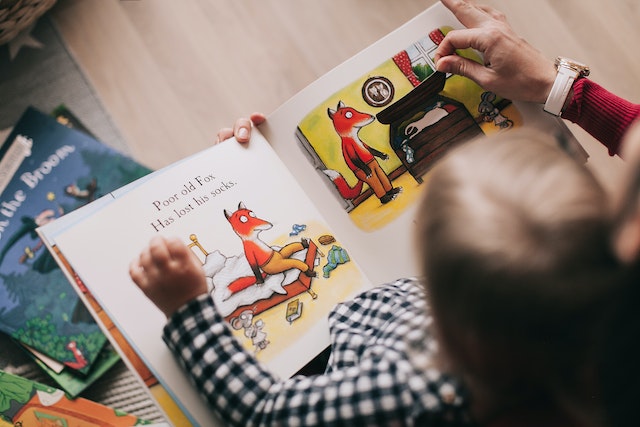Selecting children’s books for your young ones is a delightful endeavour that holds the potential to shape their love for reading and spark their imagination. Children’s books come in a vast array of genres, themes, and styles, each offering a unique opportunity to engage and educate young minds. However, with the plethora of options available, it’s important to approach the process thoughtfully. What should you consider before buying children’s books? Let’s explore the key considerations that can guide you in making informed and enriching choices for your child’s reading journey.
The age of your child is a fundamental factor in choosing childrens books. Age-appropriate content ensures that the book’s vocabulary, themes, and complexity align with your child’s developmental stage. Books that are too advanced may frustrate young readers, while those that are too simple might not engage their curiosity. Select books that provide a suitable level of challenge and interest for your child’s age.Consider your child’s interests and passions when selecting children’s books. Whether they have a fascination with animals, a love for adventure, or a curiosity about science, choosing books that align with their preferences can ignite their enthusiasm for reading. Books that resonate with their interests not only captivate their attention but also deepen their engagement with the content.

Children’s books are often accompanied by illustrations that bring the story to life. The visual appeal of a book plays a crucial role in capturing a child’s imagination and enhancing their comprehension. Look for books with vibrant, high-quality illustrations that complement the text and create an immersive reading experience.Children’s books have the power to educate and inspire young minds. Consider the educational value of a book, whether it introduces new concepts, teaches important life lessons, or fosters curiosity about the world. Books that seamlessly weave education into engaging narratives can provide a well-rounded and enriching reading experience.
Children’s books play a significant role in language development. Choosing books with age-appropriate language and vocabulary can contribute to your child’s expanding linguistic abilities. Books that introduce new words, sentence structures, and literary devices can support their language acquisition and communication skills.The narrative structure of a children’s book influences how the story unfolds and engages young readers. Consider the pacing, plot development, and storytelling style. Books with clear story arcs, relatable characters, and engaging dialogue can captivate your child’s attention and make the reading experience more enjoyable.

Diversity in children’s books is essential for exposing young readers to different cultures, perspectives, and experiences. Look for books that feature diverse characters and backgrounds, allowing your child to explore the richness of the world and develop empathy and understanding for others.Children’s books often convey important themes and life lessons. Consider the messages and values portrayed in the book. Stories that explore topics such as friendship, empathy, resilience, and problem-solving can help shape your child’s character and moral compass.Read-Aloud Potential: Reading aloud to your child is a valuable bonding experience that promotes language development and fosters a love for reading. Choose children’s books that have read-aloud potential, with engaging language and rhythmic patterns that make the storytelling captivating and enjoyable for both you and your child.